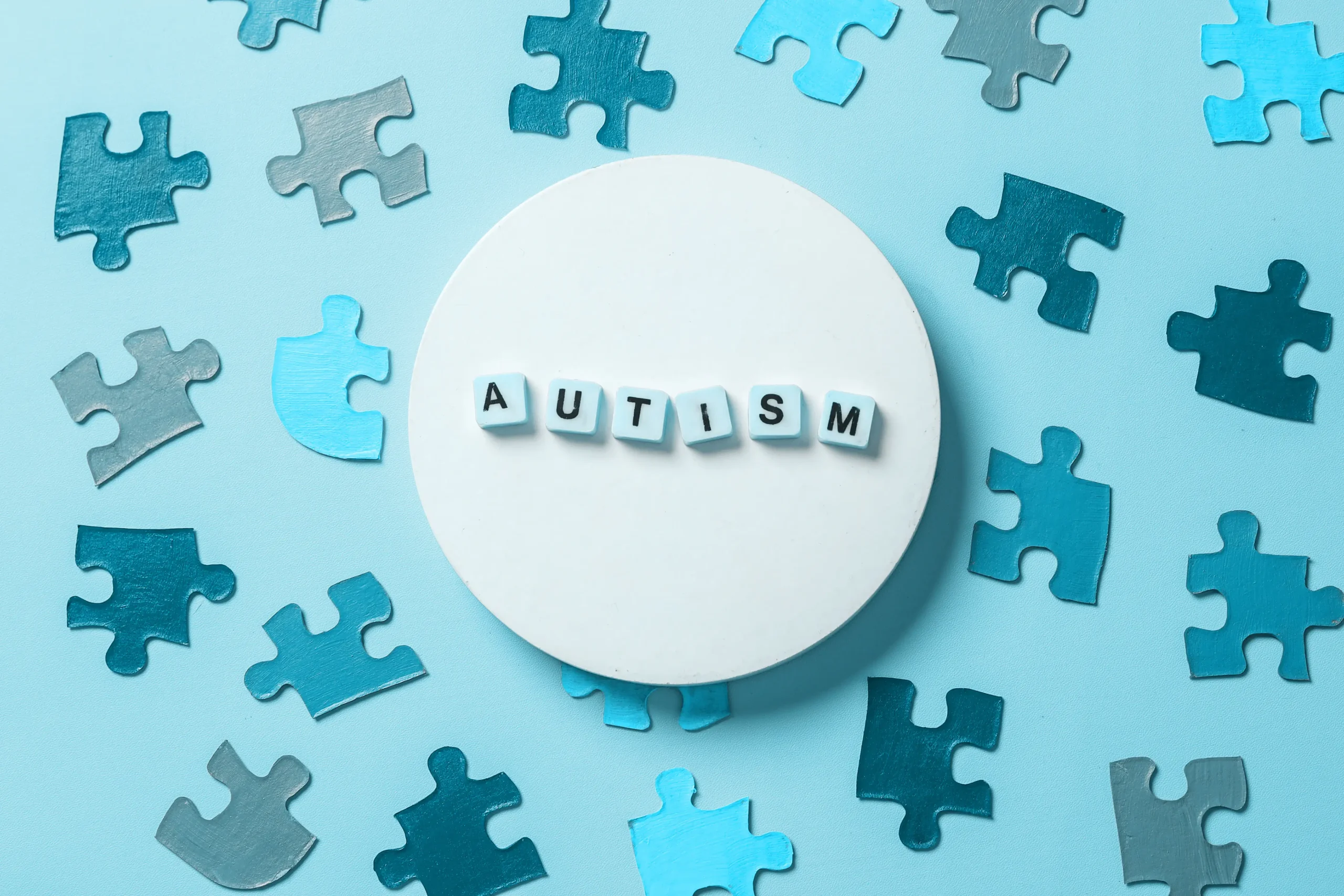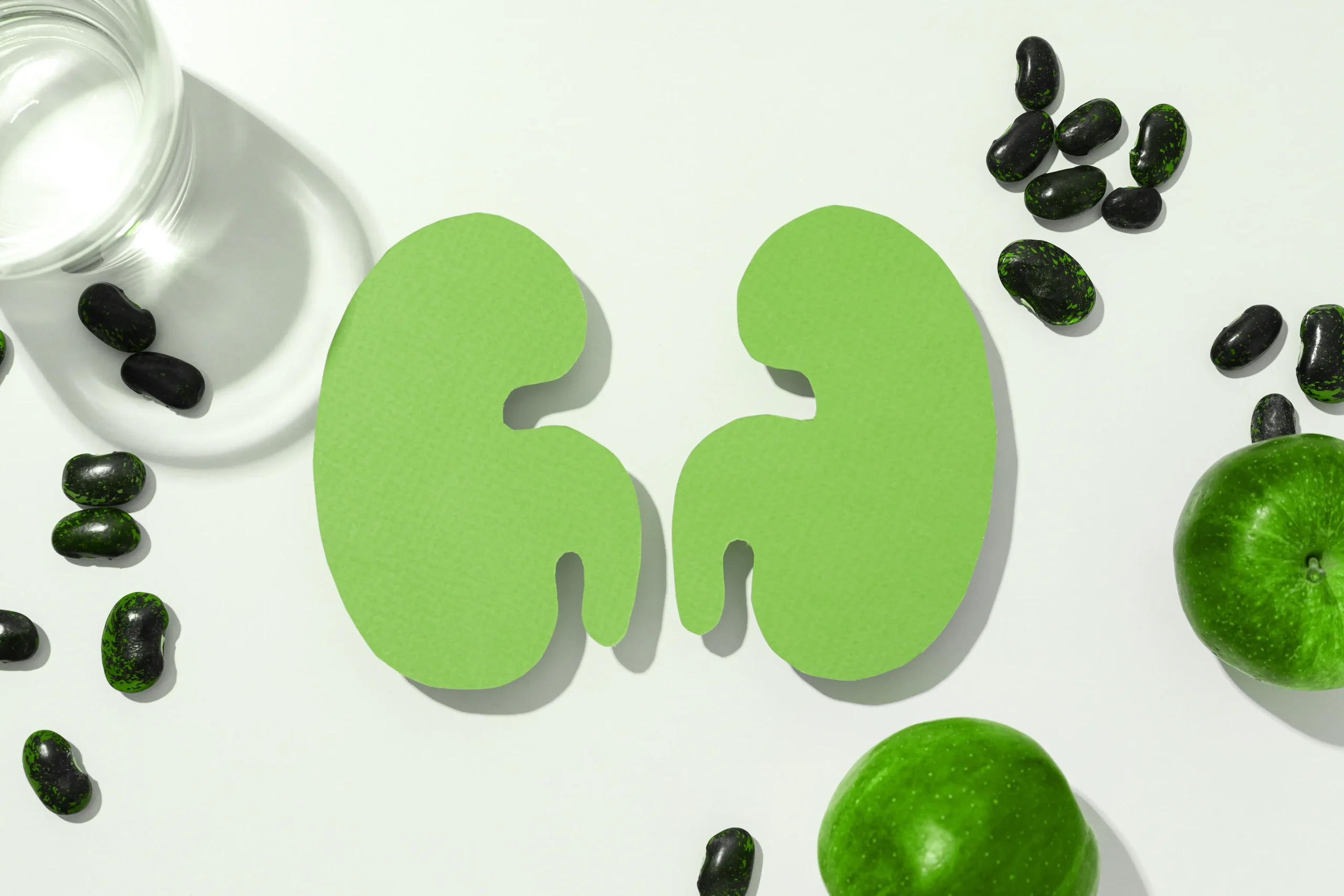Lifestyle Changes to Improve Your Cholesterol
Cholesterol is a waxy, fat-like substance produced in the liver, contained in the blood and in all cells of the body. To a certain degree, it’s important for our bodies because it’s needed to make cell walls, tissues, hormones, and vitamin D. Cholesterol also enters the body through eating foods, such as egg yolks, processed meat, and full-cream dairy products, crustacean fish, fried foods, etc.
However, too much cholesterol may build up in blood vessel walls, blocking blood flow, and increasing the risk of developing heart disease and stroke. Medications can help to manage and improve your cholesterol, but there are several simple lifestyle changes you can make to naturally lower cholesterol levels in the body and improve your overall health.
5 lifestyle changes to improve high cholesterol
1. Commit to a healthy diet
-
Avoid saturated fats
Saturated fats, found in red meat, full-cream dairy products, etc, raise low-density lipoprotein (LDL) cholesterol, or “bad” cholesterol. For this very reason, these products need to be consumed in moderation. So, decreasing your consumption of saturated fats can reduce your low-density lipoprotein (LDL) cholesterol, also known as “bad” cholesterol.
-
Eliminate trans fats
Trans fats – often found in margarines, biscuits, crackers and other baked goods – raise overall cholesterol levels and should be consumed in strict moderation.
-
Consume more omega-3 fatty acids
Omega-3 fatty acids don’t affect LDL cholesterol and have benefits for your heart, such as reducing blood pressure. Omega-3 fatty acids are found in certain fish, walnuts, flaxseeds, and can also be consumed by taking supplements.
-
Increase soluble fibre
Soluble fibre, found in oats, kidney beans, apples, and pears – can reduce the absorption of cholesterol into your bloodstream.
-
Add whey protein
Whey protein from dairy products has positive effects on cholesterol levels. Whey protein, given as a supplement, lowers both LDL cholesterol and blood pressure.
2. Exercise
Exercise and staying active can improve cholesterol. Even moderate physical activity can help raise high-density lipoprotein (HDL) cholesterol, or “good” cholesterol. Just 30 minutes of exercise five times a week can have a profound effect not only on your cholesterol levels, but also your overall body, as well as your mind.
3. Stop smoking
Smoking and nicotine are known to reduce HDL cholesterol and increase your chance of developing heart disease. The effects of quitting are rapid, so much so that twenty minutes after you’ve stopped, your blood pressure and heart rate stabilise and, after only three months, your lungs will start to function better.
4. Manage your weight
Being overweight can contribute to high cholesterol, but fortunately, minor changes can make a major difference. One such change is to stop drinking cold drinks, juices and other beverages that are high in sugar, and switch to water. You can add lemon, mint, cucumber, or any other fruits for flavour and extra refreshment. While you needn’t obsess over the numbers, keeping track of calories or kilojoules gives you a better idea of the nutritional value of the foods you consume and will help you learn what types of foods you should be eating and those to avoid.
5. Reduce alcohol consumption
Alcohol consumption has been linked to cholesterol in the body and, although moderate consumption may contribute to higher levels of HDL cholesterol, this isn’t significant enough to recommend alcohol to those who don’t already consume it. This is because too much alcohol can lead to high blood pressure, heart failure, and strokes.
Bottom line
Although lifestyle changes seem easy enough, committing to them can be hard. And for those who already have high cholesterol, it is best to seek professional advice from your doctor, however, even if you are on medication, implementing the tips above will still have a positive impact on your body and overall lifestyle.
For more information please contact Ms J Singh (Dietician) at Ahmed Kathrada Private Hospital.
Tel: 082 927 1757 / 011 852 6277
The lenmed Group is a world-class chain of Private Hospitals that brings quality healthcare to communities across Southern Africa.
Disclaimer: Any information contained here is merely a guideline. Always visit your healthcare practitioner for any health-related advice or diagnosis.















